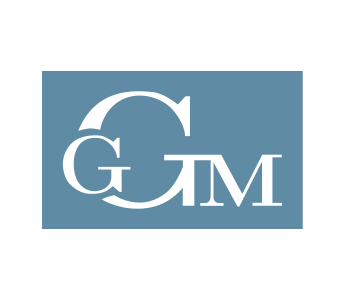Governor Snyder Signs Wetlands Bill Into Law Amid Controversy
On July 2, Michigan’s Governor Snyder signed Senate Bill 163, a wetlands management bill sponsored by Sen. Mike Green (R-Mayville) into law. The intent of the bill is to clarify permitting requirements in Michigan’s wetlands protection law and to address issues raised by the Environmental Protection Agency (EPA) in its 2008 audit of Michigan’s wetlands program, in which it ordered Michigan to come into compliance or risk losing control of the program at the state level.
SB 163 emphasizes that the Michigan Department of Environmental Quality (MDEQ) powers, duties and functions exercised as a result of federal approval of Michigan’s wetlands program applies only to “navigable waters” and “waters of the United States” as defined by federal law and as further refined by federal rules and court decisions. Determining whether additional regulation is necessary in order to protect Michigan’s waters beyond the protection provided by federal law is the responsibility of the Michigan legislature.
The key changes to the wetlands program are:
- Clarifying that maintenance of an agricultural drain, regardless of outlet, does not require a permit if the maintenance only includes activities that maintain the location, depth, and bottom width of the drain as constructed/modified before July 1, 2014, and the maintenance is performed by the landowner or pursuant to the Michigan Drain Code (1956 PA 40)
- Clarifying that maintenance of drains does not require a permit if the maintenance only includes activities that maintain the location, depth, and bottom width of the drain as constructed/modified before July 1, 2014. Maintenance of the drain includes the following activities, if performed with best management practices:
- excavation of accumulated sediments back to original contours
- reshaping of side slopes
- bank stabilization to prevent erosion
- armoring, lining, or piping if this work was previously done and work occurs within the footprint of the previous work
- replacement of existing control structures
- repair of stabilization structures
- culvert replacement
- emergency reconstruction of damages parts of the drain
- Clarifying and expanding existing permit exemptions for ongoing agricultural operations, grazing of animals, fence and post placement to control livestock (within certain specifications), maintenance and installation of utility lines, placement of biological residuals (e.g., cutting of woody vegetation or grinding of tree stumps) if all biological residuals originate within the wetland
- Requiring the MDEQ to develop and maintain a general permit for blueberry farming in wetlands
- Requiring the MDEQ to develop a blueberry production assistance program to provide wetland delineation and preapplication services
- Revising the process used by the MDEQ to require compensatory wetland mitigation, requiring the MDEQ to submit revised rules that encourage the development of wetland mitigation banks, and requiring MDEQ to develop a wetland mitigation bank funding program to provide grants and loans to eligible municipalities to establish mitigation banks
- Altering the process used by the MDEQ to determine if feasible and prudent alternatives exist with regard to the potential issuance of a wetland permit (establishing a rebuttable presumption)
- Altering the application fees for general permits and minor category permits
- Requiring the MDEQ to refund the application fee if a permit application is denied under Part 301 or 303.
As one might expect, the bill enjoyed robust support from many organizations (e.g., Michigan Chamber of Commerce, Michigan Farm Bureau, Michigan Association of Drain Commissioners) as well as vehement opponents (e.g., Public Employees for Environmental Responsibility, Michigan Environmental Council, Sierra Club). EPA’s Director of the Water Division for the Great Lakes region (Tinka Hyde) evaluated SB 163 and issued a memo on May 31, 2013, listing over 20 items which were not consistent with the Clean Water Act or for which EPA needed further clarification. Stay tuned for how these changes will be implemented.
News and blog articles presented in this website are distributed for general information purposes only with the understanding that the author, publisher and distributor of articles is not rendering legal, accounting, or other professional advice or opinions on specific facts or matters and, accordingly, GGTM assumes no liability whatsoever in connection with the use of any article. Pursuant to applicable rules of professional conduct, this communication may constitute Attorney Advertising.

